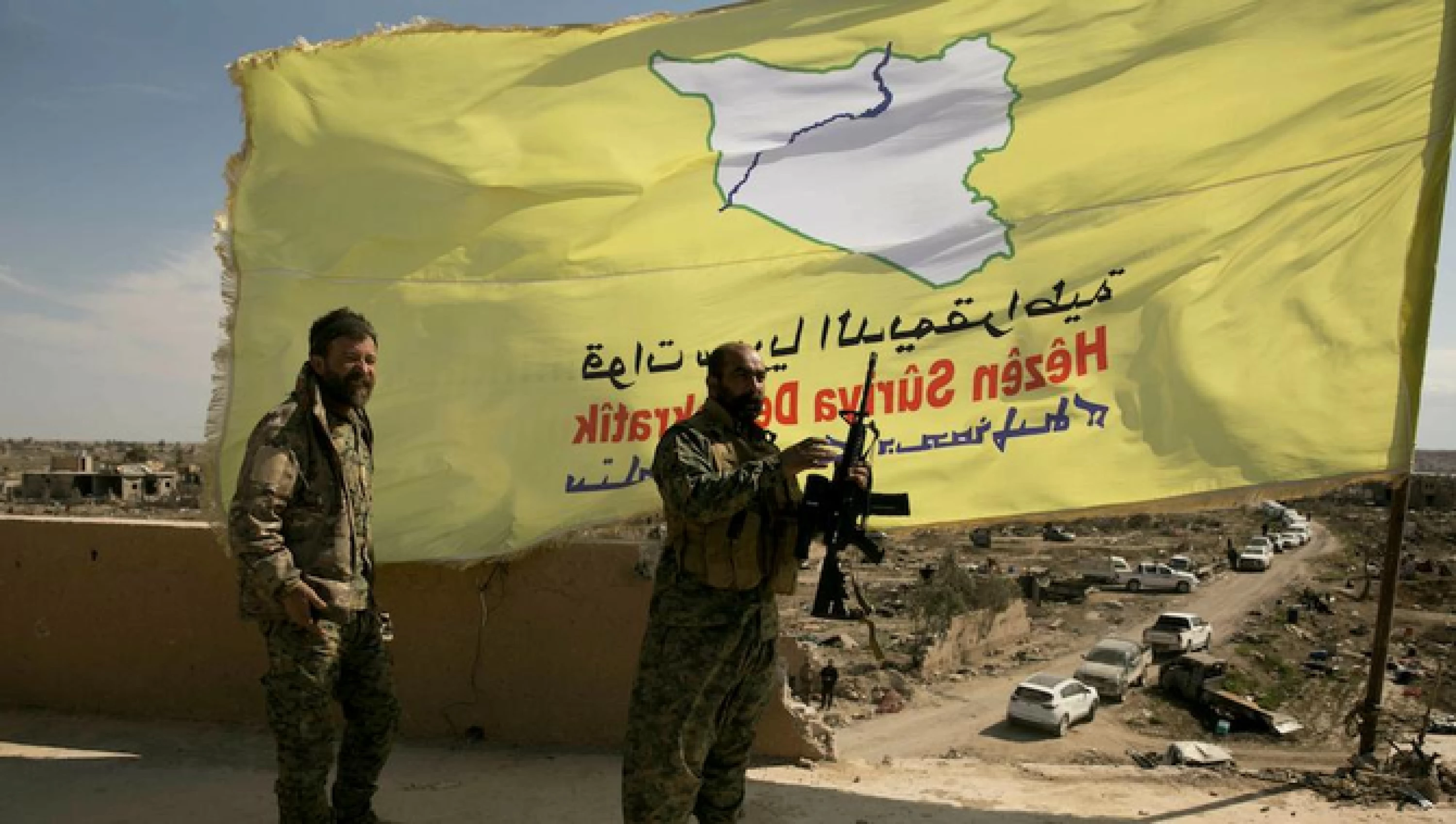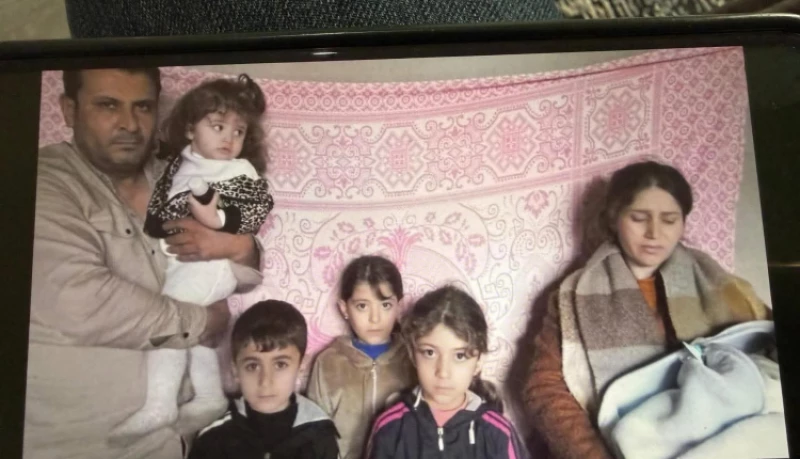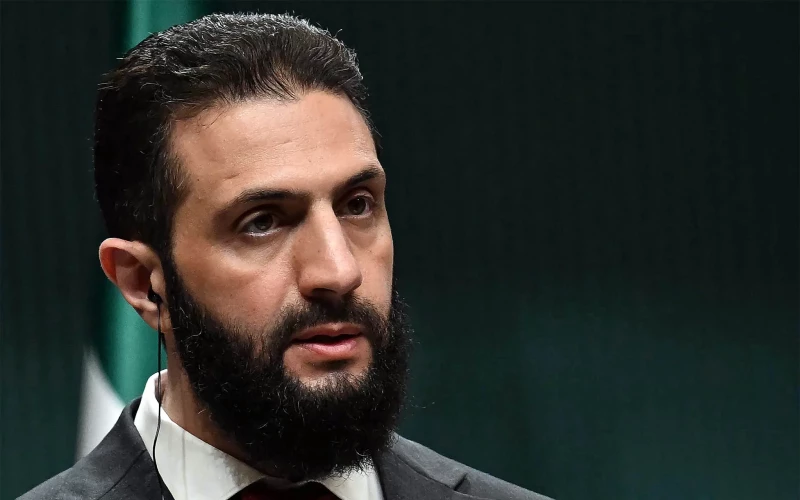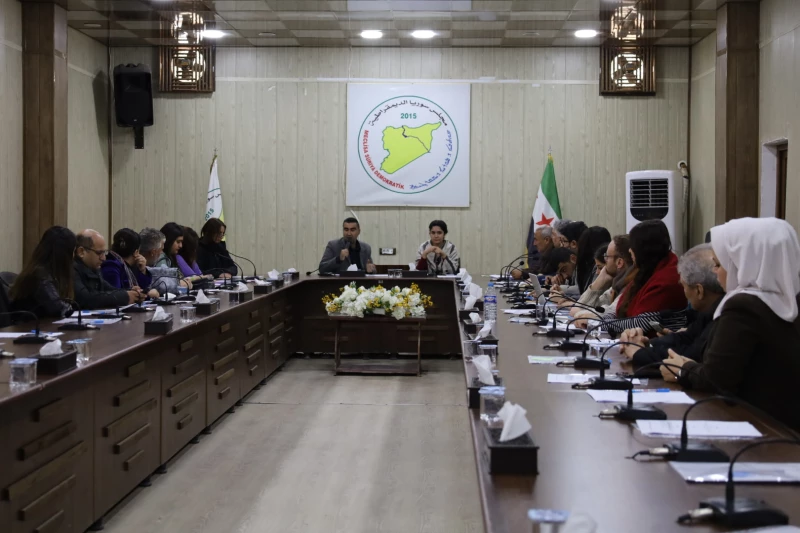ERBIL, Kurdistan Region of Iraq - The Syrian Democratic Forces (SDF) on Wednesday announced that it had shot down two drones allegedly launched by the Islamic State (ISIS) from areas held by the Syrian government, saying that the occurrence confirms "the involvement of several factions of the Damascus government in cooperating with foreign ISIS-affiliated elements."
The Kurdish-led force in a statement said that it had "shot down two drones launched from positions held by Damascus government forces along the Ghanem al-Ali front in eastern Raqqa countryside, which has been under attack for a week by government-affiliated factions and their militias."
An analysis of the debris from one of the intercepted drones showed that it "was operated by a group of foreign militants affiliated with the ISIS terrorist organization, stationed at positions held by Damascus government-affiliated factions, directly opposite the defensive lines of the Syrian Democratic Forces," the statement asserted.
"These findings conclusively confirm the involvement of several factions of the Damascus government in cooperating with foreign ISIS-affiliated elements, allowing them to use their locations and positions to conduct reconnaissance and drone attacks," the statement continued. "This enables the terrorist organization to rebuild its capabilities in an even more dangerous manner."
The SDF further called on international partners of the Global Coalition to Defeat ISIS to launch an investigation into the drone attacks.
Recent months have witnessed intermittent skirmishes between the SDF and forces affiliated with the new Syrian government, which seized power in December after toppling the regime of Bashar al-Assad.
Since that juncture, and despite the existence of a March 10 agreement that would see the Kurdish-led forces brought under the auspices of the new government's military, relations have remained palpably frosty, with Damascus accusing the SDF of harboring separatist ambitions while the latter balks at the administration of President Ahmed al-Sharaa's centralizing moves.
SDF chief Mazloum Abdi, speaking at the sixth Middle East Peace and Security (MEPS) Forum in Duhok on the same day, said that "after 15 years of war, Syria will not have a centralized system like the Baathist regime."
Despite the ongoing tension, the Kurdish leader asserted that "if there is political will, the March 10 agreement will be implemented."
The SDF in late October submitted a list of its commanders to the US-led global coalition for integration into the Syrian army.
Syria recently joined the aforementioned anti-ISIS coalition following a visit by Sharaa to meet US President Donald Trump in the White House, with Abdi hailing the move as "a pivotal step towards enhancing collaborative efforts and bolstering the initiatives aimed at achieving the enduring defeat of ISIS and eliminating its threat to the region."



 Facebook
Facebook
 LinkedIn
LinkedIn
 Telegram
Telegram
 X
X


